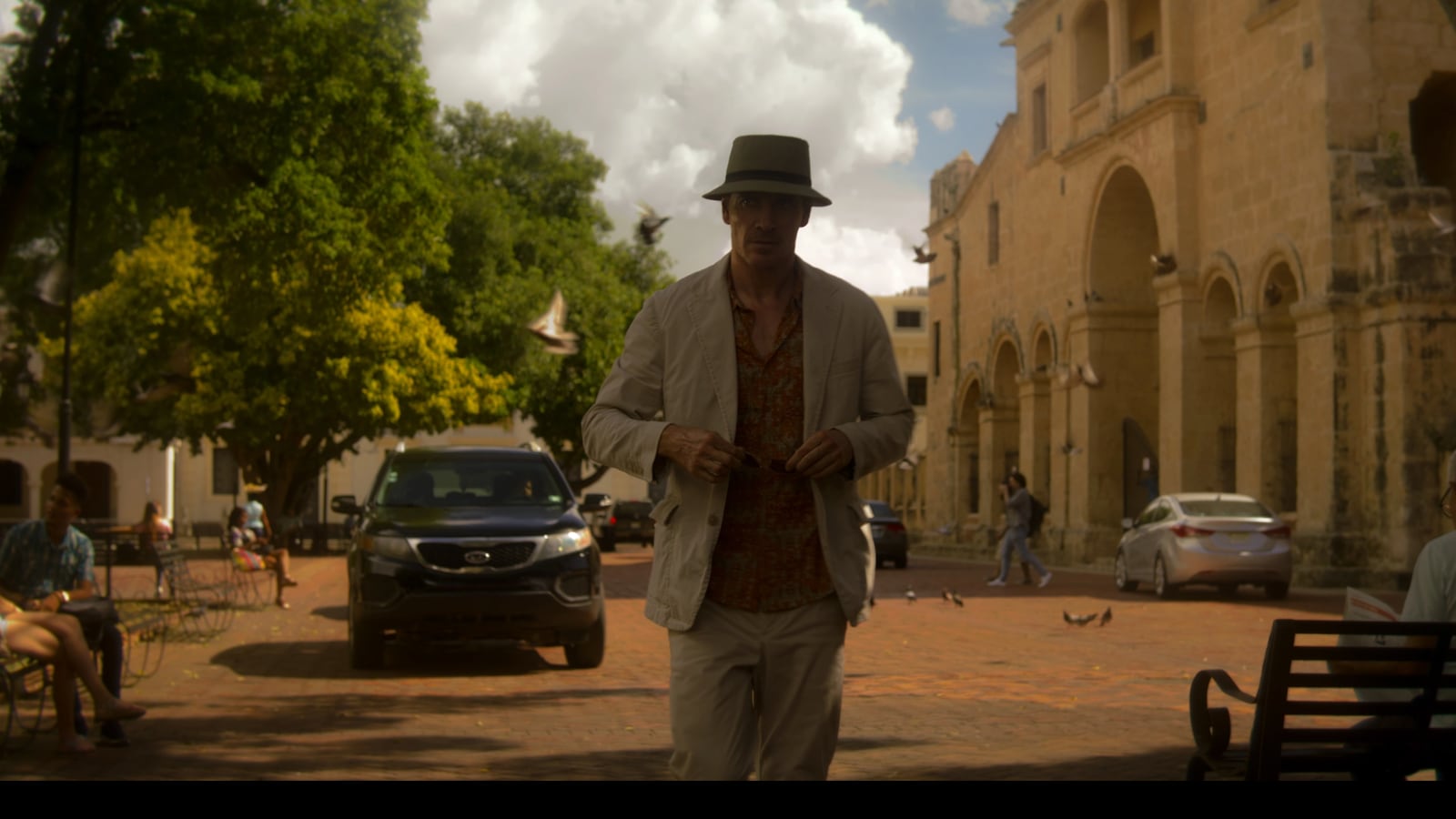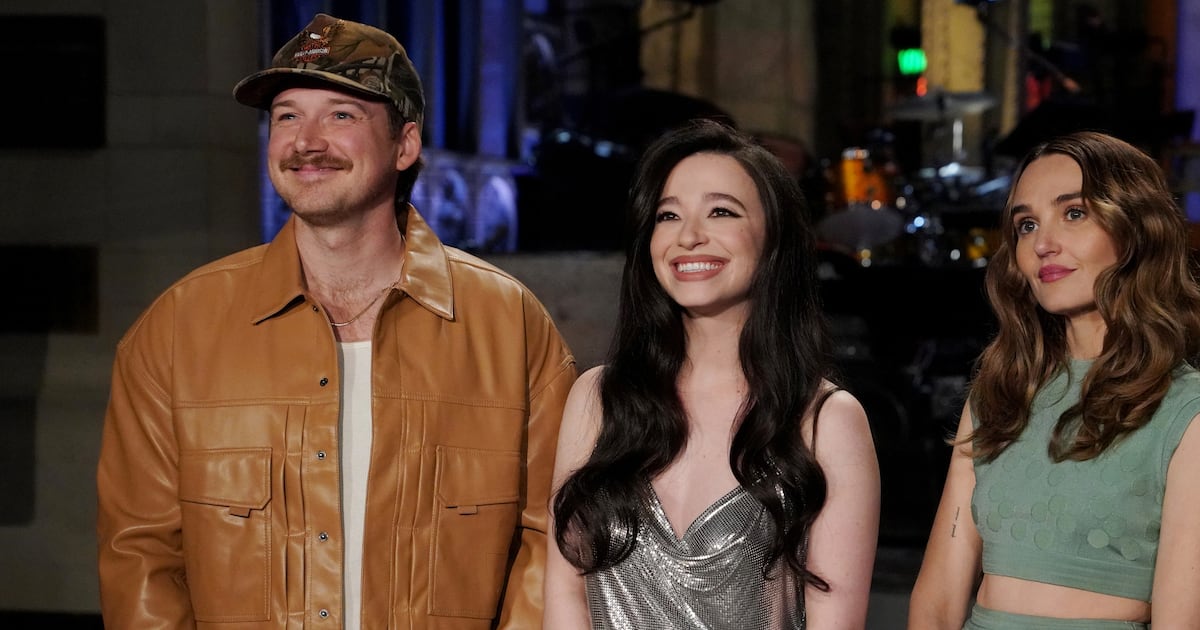VENICE, Italy—In 1988, Nicholson Baker’s novel The Mezzanine caused a stir with its ironic, witty rendering of the everyday thoughts of a young office worker, in all their mundanity: Over the course of the book, Howie disserts on paper straws, escalators, and popcorn. Over the course of the ’90s, Seinfeld would take that idea and run with it, digging deep down into the quotidian lives of its characters and their menial preoccupations.
David Fincher’s new film, The Killer, premiered Sunday at the Venice Film Festival. It focuses on a contract killer taking revenge on his employer and colleagues, and is not cut entirely from the same cloth as these works, but there is an oddly hilarious preoccupation with objects, their meaning and their uses. In a fully globalized world, the main character jets around the place, sharing Zen musings about success and how to get ahead, while killing people and eating only the protein from a Big Mac.
As the film begins, the killer (played by an impeccable Michael Fassbender, giving nothing away but proving a perversely engaging anti-hero in his weird, ironic detachment and loopy thought processes) is readying himself to kill a mark, stationed across the way from him in an empty apartment in Paris. The killer—who is nameless throughout the film, except when taking a number of different aliases—is clearly a man of experience, a detached, clean, businesslike killer who takes a certain pride in his work and in his methods.
In voiceover, he shares various mantras, which are deeply unusual in tone, part self-help, part advice manual, part lifestyle guru. He talks us through the current hit he is working on—the benefits of preparation, disguise, choosing the correct lookout, etc.—while keeping watch and training his viewfinder on various passersby.

Fincher’s filmmaking is already striking in this opening section; playful, too. He mixes fragments of his chosen soundtrack (the plaintive, witty music of The Smiths) into shots where the killer tracks his target, reverting to tinny headphone sound when filming the character directly. This gives us a heady sense of being inside the character’s evidently crazed subjectivity, but it also has the function of framing his absurd dictums and thoughts. Bored with this particular kill via long-distance rifle, he wonders to himself, “When did I last do a nice, calm drowning?”
When this particular hit goes wrong, things begin to spiral out of control for the killer, who is a fiend for protocol and methods. Or, rather, instead of spiraling out of control, things tend to go in unexpected ways, and he finds that he has to improvise, in the revenge that he exacts on those who have wronged him. Dressed mostly in white, with bucket hat and sunglasses, so that he looks like Hunter S. Thompson (except handsome), the character muses on his reason for picking this work uniform, which is inspired by the clothes of a German tourist he overheard once, “...and nobody wants to talk to a German tourist.”
That bizarrely, briskly comedic tone is maintained throughout, and it is a high-wire act to keep up, because the danger is of falling into edgelordism, representing this character as a “legend” who racks up inventive kills. Neither does The Killer belong, exactly, to the Tarantino tradition, trading in a trumped up combination of violence and irony.
Rather, there is something ever so gently unhinged in this lean, crisp action film that doubles as an arthouse character study; something just a little askew in its perspective, giving it an inviting absurdity. In part, that is due to its strict emphasis on process: as in many thrillers, a lot of what we see is how the killer goes about his business. But The Killer goes even further, making its central character so completely beholden to his own code and practices. There is pleasure in seeing the accumulation of different identities he adopts; his arsenal of weapons; his techniques for cleaning, disposing of weapons, disappearing from sight. The process of entering a high security building interests Fincher as much as investigating what remains of a serial killer’s soul: accordingly, scenes where he goes about his work are given due care, in sharply edited shots dissecting each clean, assured movement, capturing every practiced glance.

Fassbender is attuned to the film’s methods, giving us a central character who seems completely blank—we know nothing of his past, and very little of his life—but whose humanity emerges in strange little giveaways every now and then, and whose outlook is gently ironic and questioning. There is a touch of cool to him, in his smoothness and his delivery, but Fassbender also looks careworn and quizzical, a touch mad. In his silence (we pretty much only hear his voiceover), we sense somebody who is eerily dislocated from society, in a fully globalized planet where you can make millions by working alone and destroying others; in a world where, while jet-setting and killing people, you can order an Amazon package to be delivered to you before your next hit.
Fincher is very sharp on this universe of gym subscriptions, flights, car hires and “lifestyle” politics, showing us a world where the machinations and intrigues of the super-rich take place in a type of playground, which now and then makes contact with reality.
The Killer fits smartly in Fincher’s body of work, examining the role of violence and detachment in our society. Something a little cold or removed in the director’s outlook works miracles here, stripping this story down to a crisp minimalism which, when allied to that expertly handled off-kilter tone, produces something pleasurable and original.
Liked this review? Sign up to get our weekly See Skip newsletter every Tuesday and find out what new shows and movies are worth watching, and which aren’t.






